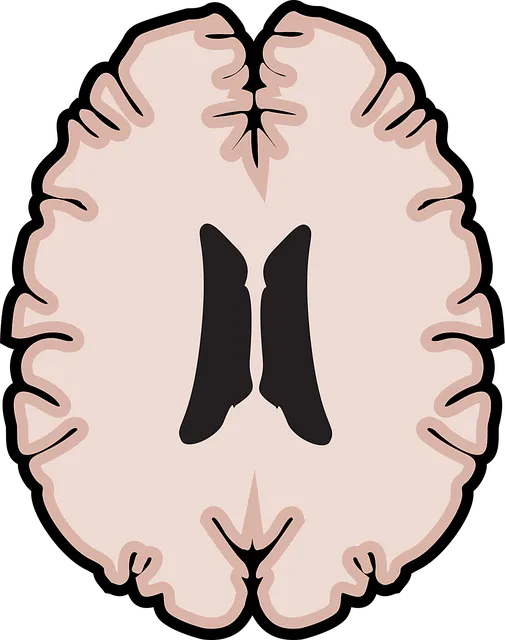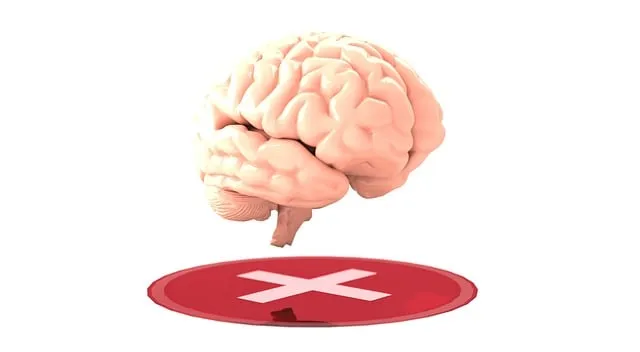The Longmont Kaiser Permanente mental health department prioritizes cultural sensitivity as a core strategy to serve its diverse clientele effectively. They achieve this by tailoring therapeutic approaches to individual cultural backgrounds, incorporating traditional healing practices and meditation styles to enhance patient engagement and trust. This personalized care is supported by staff training in cultural competency, addressing ethical considerations and respecting unique community beliefs. By overcoming language barriers, cultural stigmas, and misaligned values, the department creates inclusive spaces, improves emotional well-being, and fosters a positive environment for diverse mental health needs, ultimately boosting care outcomes.
In today’s diverse communities, cultural sensitivity is paramount in mental healthcare. This article explores the significance of culturally sensitive practices, focusing on how they improve outcomes for patients from various backgrounds. We delve into the challenges faced by culturally diverse individuals seeking mental health services and highlight successful initiatives, such as those employed by the Longmont Kaiser Permanente Mental Health Department, which offers tailored resources and staff training. Additionally, we discuss best practices to enhance cultural competence in diagnosis, treatment, communication, and building inclusive environments.
- Understanding Cultural Sensitivity in Mental Healthcare
- – Definition and significance in diverse communities
- – Challenges faced by culturally diverse patients
Understanding Cultural Sensitivity in Mental Healthcare

Cultural sensitivity is a cornerstone of effective mental healthcare practice, especially within diverse communities like those served by Longmont Kaiser Permanente’s mental health department (a leading provider in the region). Understanding and respecting cultural differences can significantly enhance patient outcomes. Mental health professionals must recognize that every individual enters therapy with unique experiences shaped by their heritage, beliefs, and personal history.
Integrating mind over matter principles and stress reduction methods can be culturally tailored to address specific needs. For instance, mindfulness practices might be adapted to incorporate traditional healing rituals or meditation styles from patients’ cultural backgrounds. This personalized approach not only improves patient engagement but also fosters trust. Moreover, risk assessment for mental health professionals should include cultural competency training to ensure providers are equipped to navigate complex ethical dilemmas and deliver care that respects and values diverse communities.
– Definition and significance in diverse communities

Cultural sensitivity is a cornerstone of quality mental healthcare, especially in diverse communities like those served by Longmont Kaiser Permanente’s mental health department. It involves understanding and appreciating the unique cultural beliefs, values, and practices that shape individuals’ experiences with mental illness and their interactions with healthcare systems. This approach recognizes that one-size-fits-all interventions may not be effective and can inadvertently perpetuate existing disparities.
By embracing cultural sensitivity, mental health professionals at Longmont Kaiser Permanente strive to create safe, inclusive spaces for all clients. This involves tailoring care to meet individual needs, ensuring accessible communication, and integrating culturally relevant self-awareness exercises and mental wellness journaling guidance. Such initiatives aim to bridge the gap between healthcare providers and diverse communities, fostering trust and improving outcomes. Reduction of mental illness stigma through these efforts empowers individuals to seek support without fear of judgment or discrimination.
– Challenges faced by culturally diverse patients

Culturally diverse patients often face unique challenges when seeking mental healthcare services, such as those offered by Longmont Kaiser Permanente’s dedicated department. Barriers to access can include language differences, cultural stigma surrounding mental health, and a lack of understanding or misalignment between patient and provider values or belief systems. These factors significantly impact the quality of care received. For instance, individuals from diverse backgrounds may prefer specific therapeutic approaches or have unique needs regarding emotional expression and regulation, which require specialized knowledge and sensitivity to honor effectively.
The mental health department at Longmont Kaiser Permanente plays a crucial role in addressing these challenges by offering services tailored to diverse communities. Promoting mental health awareness and understanding burnout prevention strategies are essential aspects of their mission. By fostering an inclusive environment and providing culturally competent care, the department aims to improve emotional regulation and overall well-being for all patients, regardless of their cultural or ethnic background.
Cultural sensitivity is a vital aspect of providing effective mental healthcare, especially within the diverse communities served by institutions like Longmont Kaiser Permanente. By recognizing and addressing the unique challenges faced by culturally diverse patients, such as language barriers and differing therapeutic traditions, the mental health department at Longmont Kaiser Permanente can offer more personalized and accessible services. This approach not only enhances patient outcomes but also fosters a sense of trust and comfort, ensuring that all individuals receive culturally competent care tailored to their specific needs.






